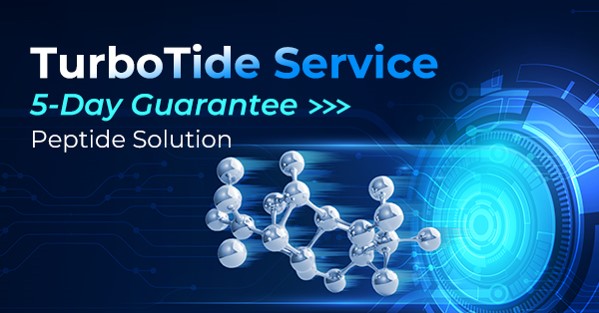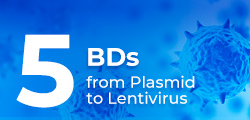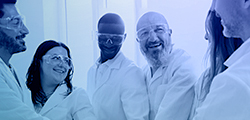Synthetic biologists are using rational engineering strategies to make novel biosensing systems that are modular and comprised of a:
- sensor: detects desired signal(s) from in vitro or in vivo environments;
- processor: a simple or multiplex synthetic circuit capable of processing received signals, integrating them with medical knowledge, and classifying patient conditions into clinical categories;
- reporter: displays assay results as chemical, biological, electronic or combination outputs.
These synthetic systems can be built in different formats as individual diagnostic or diagnostic-therapeutic assays/devices, or integrated into conventional assays/devices:
- In vitro assays: comprised of synthetic genes and oligonucleotides, synthetic multifunctional antibodies, or multi‐epitope and chimeric antigens printed on paper or integrated into conventional testing platforms for probing or detection purposes;
- In situ biosensors: developed as DNA nanostructures or cell-based biosensors of bacterial, yeast, or mammalian origins carrying prosthetic networks that can be used individually or integrated into portable or implanted devices for collecting functional and physiological information.







































